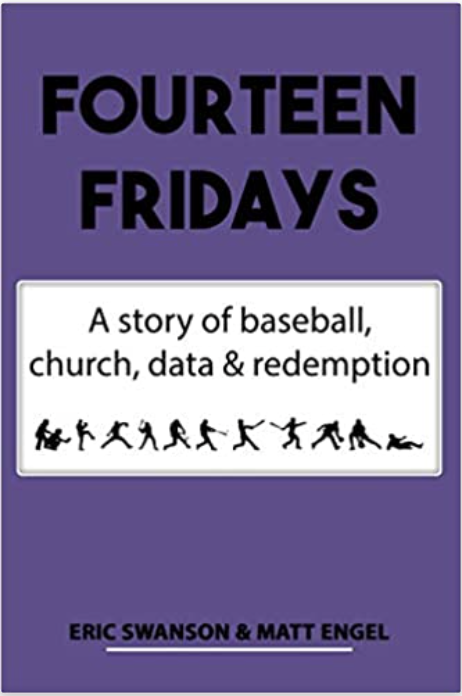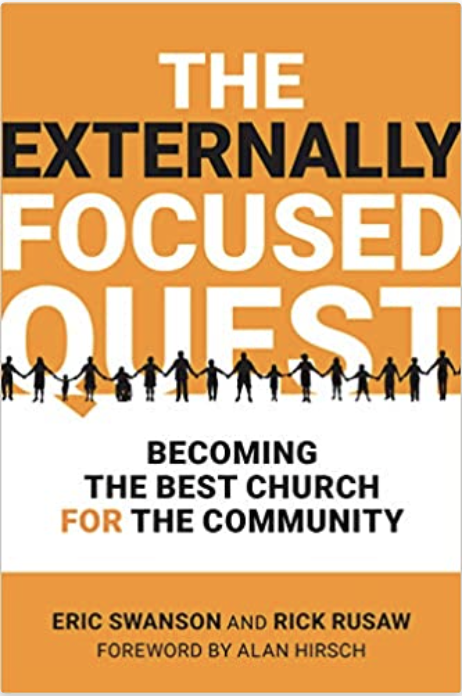Why you should “Redshirt” your Kindergartner
I just finished reading Malcolm Gladwell’s latest book, Outliers. The book is well-researched, and like his earlier best-sellers, The Tipping Point and Blink, well-written and counterintuitive. Gladwell’s premise that it matters greatly where and when we grew up—that all successful people “are invariably the beneficiaries of hidden advantages and extraordinary opportunities and cultural legacies that allow them to learn and work hard and make sense of the world in ways others cannot” (p. 19). (For an informative inerview click on http://www.cbc.ca/thehour/videos.html?id=948190555)
Gladwell uses a number of examples to demonstrate his point and illuminate his thesis. The first hidden advantage is the month in which you were born—not in an astrological sense but… well, let me explain. Let’s start where Gladwell starts…with hockey players. Gladwell reproduces a roster of Canadian elite hockey players—playing just below the NHL level. Interestingly the majority of them were born in the first three months of the year. The research continued to show that in Canadian elite program “40 percent of the players will have been born between January and March, 30 percent between April and June, 20 percent between July and September, and 10 percent between October and December” (p. 23). How is this possible? From pee-wee league and forward, players are grouped by their birthdates in the calendar year. So, say on January 1 the six-year old’s team will have players who just turned six (January 1 birthdays) to those who won’t turn 6 until 364 days later. The maturity difference is huge. So when the all-star teams are chosen, those mature players are chosen while the younger players (who may have every bit as much natural talent) are left behind. It is on the elite teams the chosen players get extra workouts, better coaching, more playing time and separate even further from the pack. The same thing happens every succeeding year with the accumulative advantage being huge. One can almost say with near absolute certainty, if you want to play elite hockey in Canada or get into the NHL it is better to be born in January than December. Gladwell uses a similar argument for how European soccer is organized. Of the 21 players on the Czechoslovakian National Junior soccer team, 15 were born in the first 3 months of the year. It doesn’t stop with sports. This principle also applies to academics. “They found that among fourth graders, the oldest children scored somewhere between four and twelve points better than the youngest children. …It means if you take two intellectually equivalent fourth graders with birthdays at opposite ends of the cutoff date, the older student could score in the eightieth percentile, while the younger one could score in the sixty-eight percentile. That’s the difference between qualifying for a gifted program or not (p. 28). Now for the conclusion: “The small initial advantage that the child born in the early part of the year has over the child born at the end of the year persists. It locks children into patterns of achievement and underachievement, encouragement and discouragement, that stretch on and on for years” (p. 28).
This past weekend I was at the Cal-Stanford game and hung out some with an old football and rugby teammate from Cal—Blaine Warhurst. Blaine is very bright–a successful businessman who owns a number of apartment complexes in the Bay area—married to his college sweetheart with beautiful kids. In his prime Blaine was an incredible athlete, not only starting as linebacker for Cal (Chuck Muncie, Steve Bartkowski, Bob Swenson era) in football but also enjoying a 20 year career in rugby with many “caps” playing for the U.S. National Team. At 57 years old Blaine could still pass for 40. He has the same brashness, confidence and athleticism that I remember he had as a college freshman. He also repeated Kindergarten. Looking through Gladwell’s lenses, this explains a lot about the accumulative advantages of Blaine’s life. “I used to get in a lot of fights in elementary school. I could beat everyone in my grade and the grade above me so I had to fight kids two grades up.” (Remember this was the era where school fights were rather common—one well-connected punch and it was over with combatants often becoming best friends afterwards). Make no mistake, Blaine was a great athlete but how big of an accumulative advantage did Blaine have by being the oldest, most mature, who consistently won and was given special attention and coaching because of his exceptional abilities? Personally I think Blaine would still be very successful but it is something to think about.








